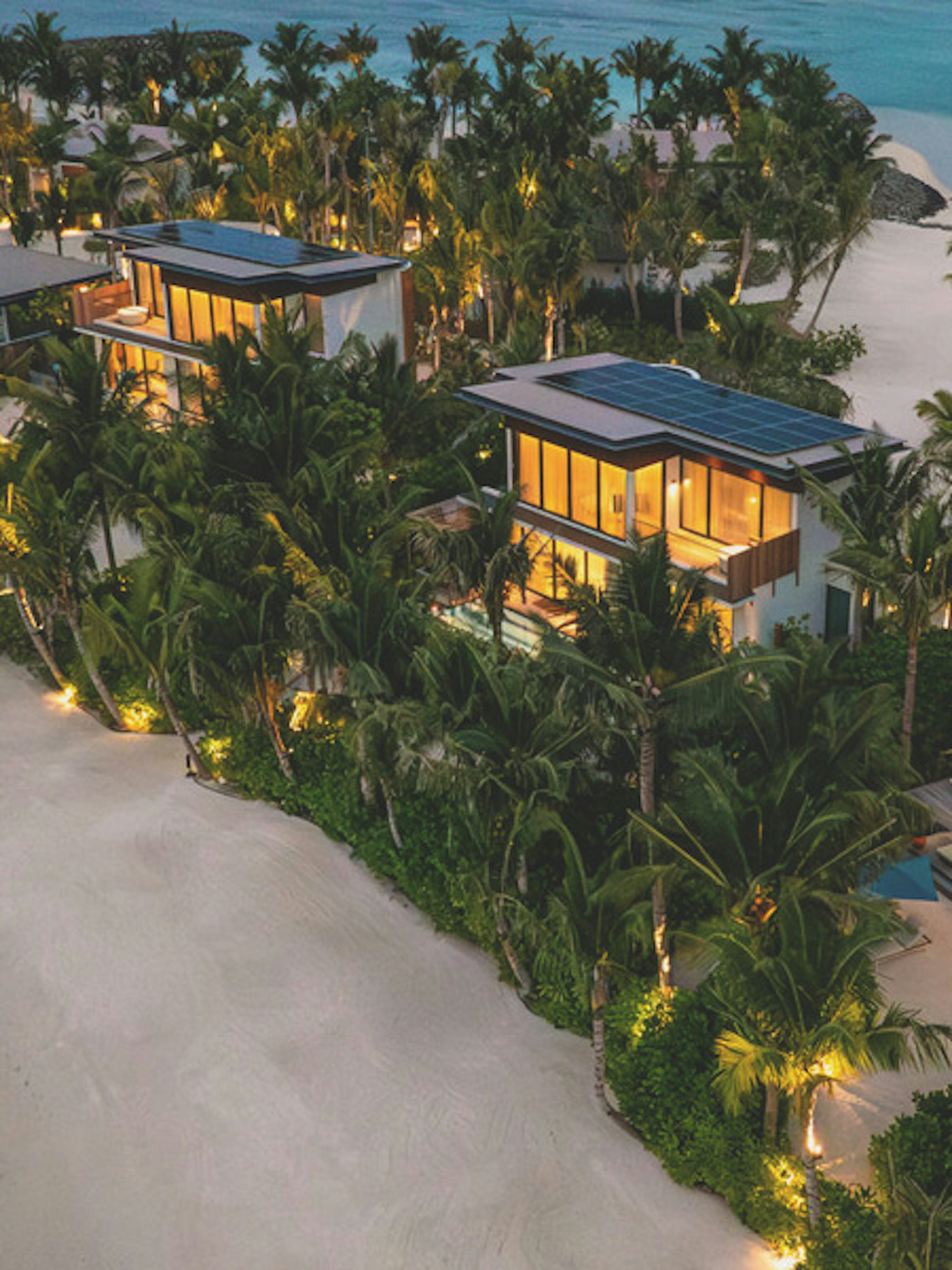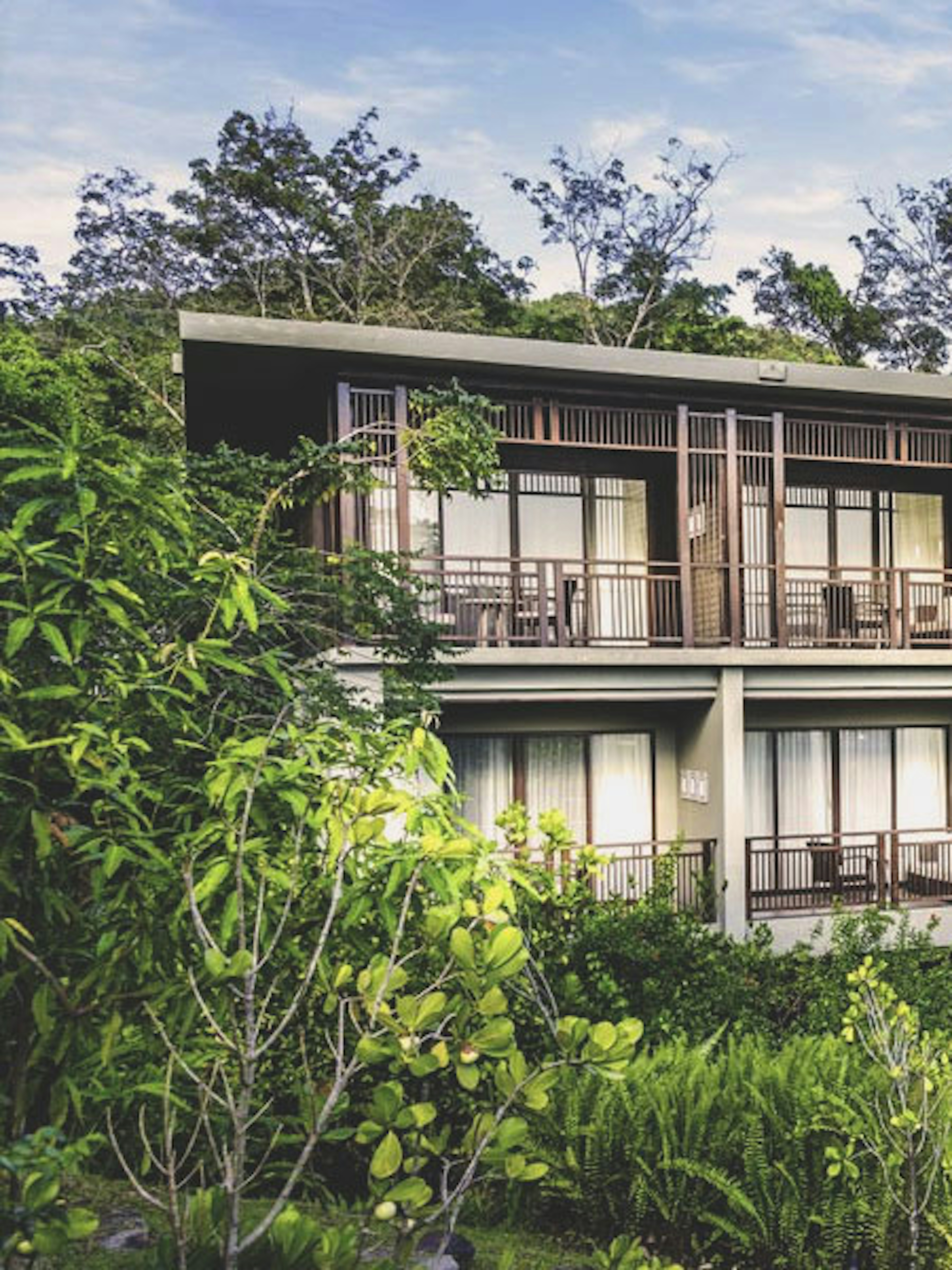Responsible Food Model
Discover how we are building a more sustainable food model.

DRIVING SUSTAINABILITY FROM DESIGN TO OPERATIONS

From design to daily operations, we continuously strengthen our sustainability standards. We are transforming the hotel stay at every level from development to operations, designing hotels with sustainability in mind from the outset, and delivering practical solutions to optimize daily operations for our partners. Our key initiatives in waste management, energy and water efficiency, eliminating single-use plastics, and promoting a circular economy aren’t just about sustainability – they are key drivers of operational excellence, attuned to evolving guest expectations.
5,800
Hotels
50%
of our hotels are eco-certified
88%
of hotels have eliminated 50+ single-use plastic products

Reducing our impact. With over 5,800 hotels across 110 countries, we recognize our reliance on resource consumption and responsibility in waste management.
Energy Efficiency
On average, our hotels consumed 269 kWh/m² of energy per occupied room in 2024, a 4% reduction compared to 2023. To improve energy efficiency and reduce our carbon footprint, we continuously implement tailored measures for each hotel to enhance conservation, boost efficiency, and accelerate the transition to renewable energy.
Water Conservation
Our hotels consume an average of ~500 liters of water per occupied room. From guest bathrooms to laundry services, swimming pools, and landscaping, water plays a fundamental role in our operations. Evaluating this dependency and addressing its effects is a crucial step towards more sustainable water management.
Waste Reduction
Our Circular Economy strategy relies on the well-known concept of “refuse, reduce, reuse, repair, recycle” – (re)designing hotels and rooms with the Design & Technical Services team, adapting operations, managing products’ end of life, and setting new standards.
Discover some of the initiatives and innovations reducing our environmental impact.

Reimagining hotels. Building sustainable hotels secures long-term asset value while meeting the expectations of today’s guests. We aim to embed sustainability from the outset, accompanying and guiding hotel owners in designing sustainable properties.
Sustainability Criteria
A part of our brands now integrate 50 sustainability criteria into their standards alongside technical requirements aligned with LEED and BREEAM certifications, ensuring that sustainability is embedded from the very start of a hotel project. Beyond construction, we support owners with an ESG dashboard with extra-financial performance, helping prioritize initiatives that deliver both impact and value.
Discover a selection of our initiatives and innovations for a more sustainable hospitality.

Certified sustainable. According to a study conducted with Booking.com, 76% of travelers say they want to travel more sustainably. They no longer just want to be informed but want to experience committed and engaged travel. Through strategic partnerships with multiple leading international certification labels including Green Key, Green Globe, and EU Ecolabel, our goal is to of eco-certify our entire hotel portfolio.
Meeting a Growing Guest Expectation
In 2024, the number of our eco-certified hotels tripled, rising from 480 in 2023 to 2,000. This robust growth has allowed us to reach 50% in 2025.
Certifications increase the visibility of our hotels and attract guests who value sustainability. They are based on a strict commitment, with rigorous criteria, independent audits, and annual renewal. This third-party control ensures Accor’s environmental credibility and compliance.
Discover insights from the General Managers of some of our eco-certified hotels.
Access and download our publications and resources.


